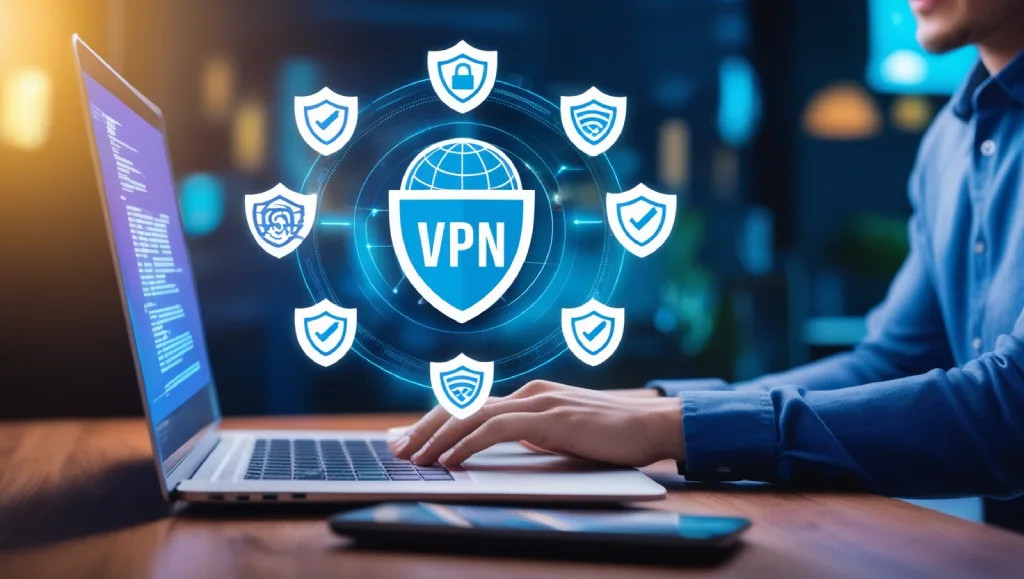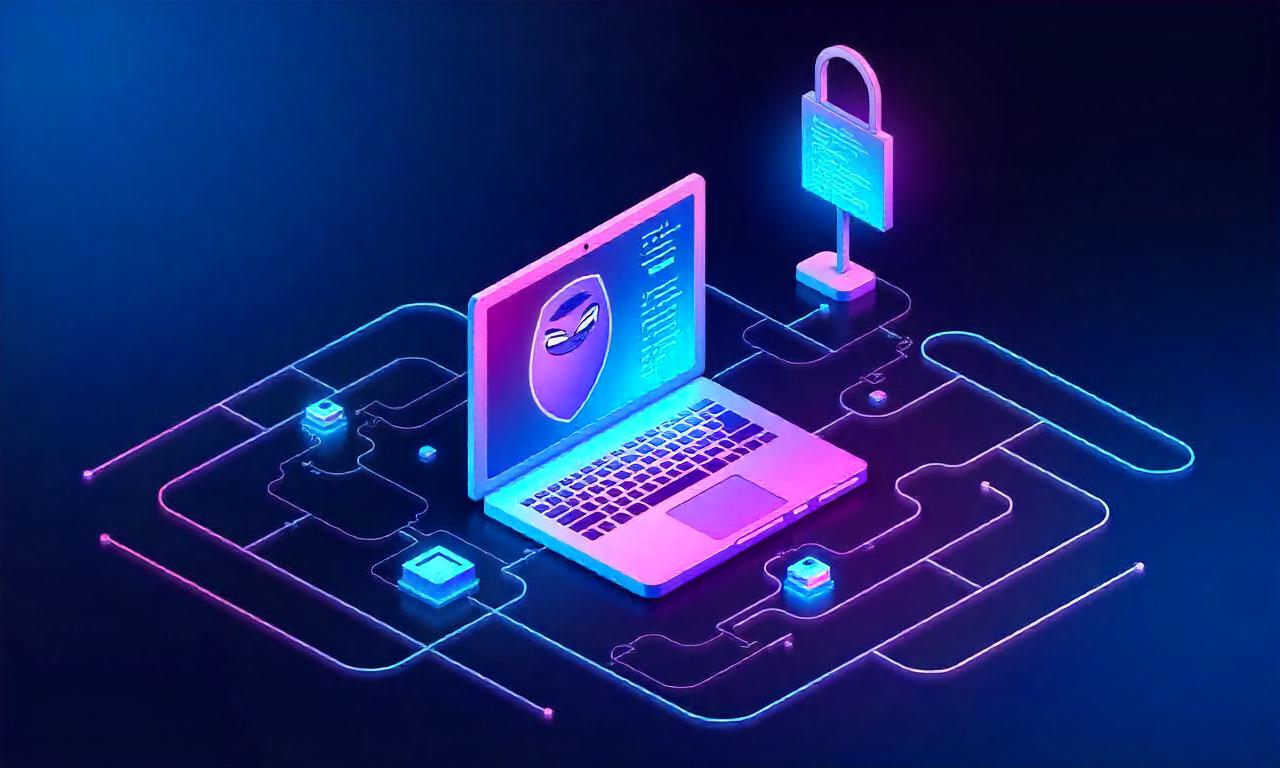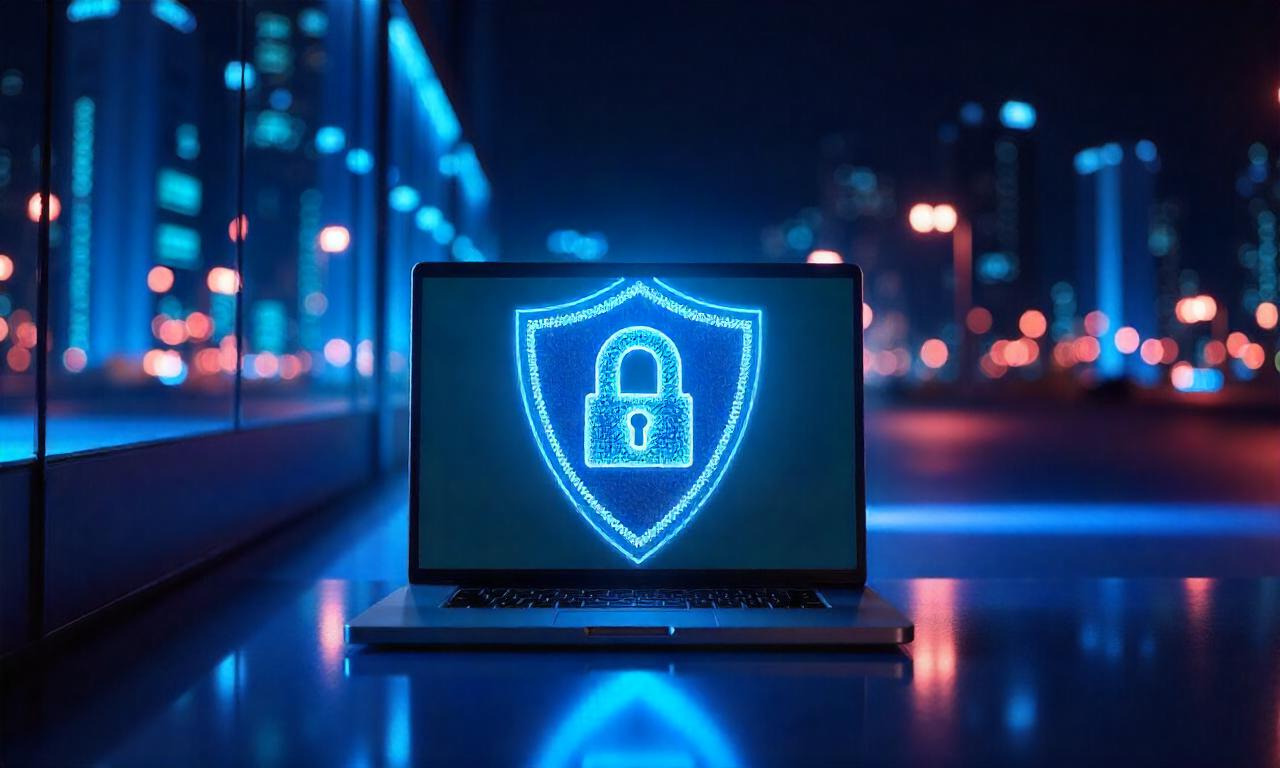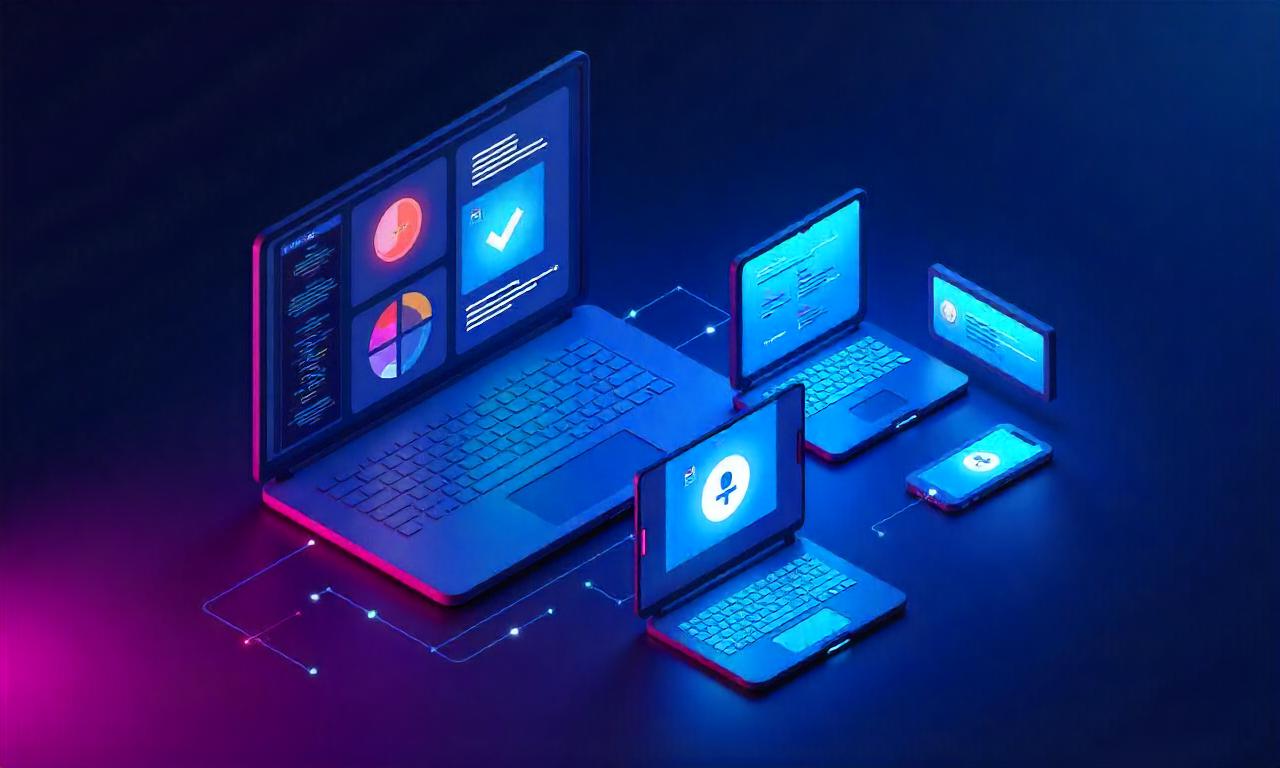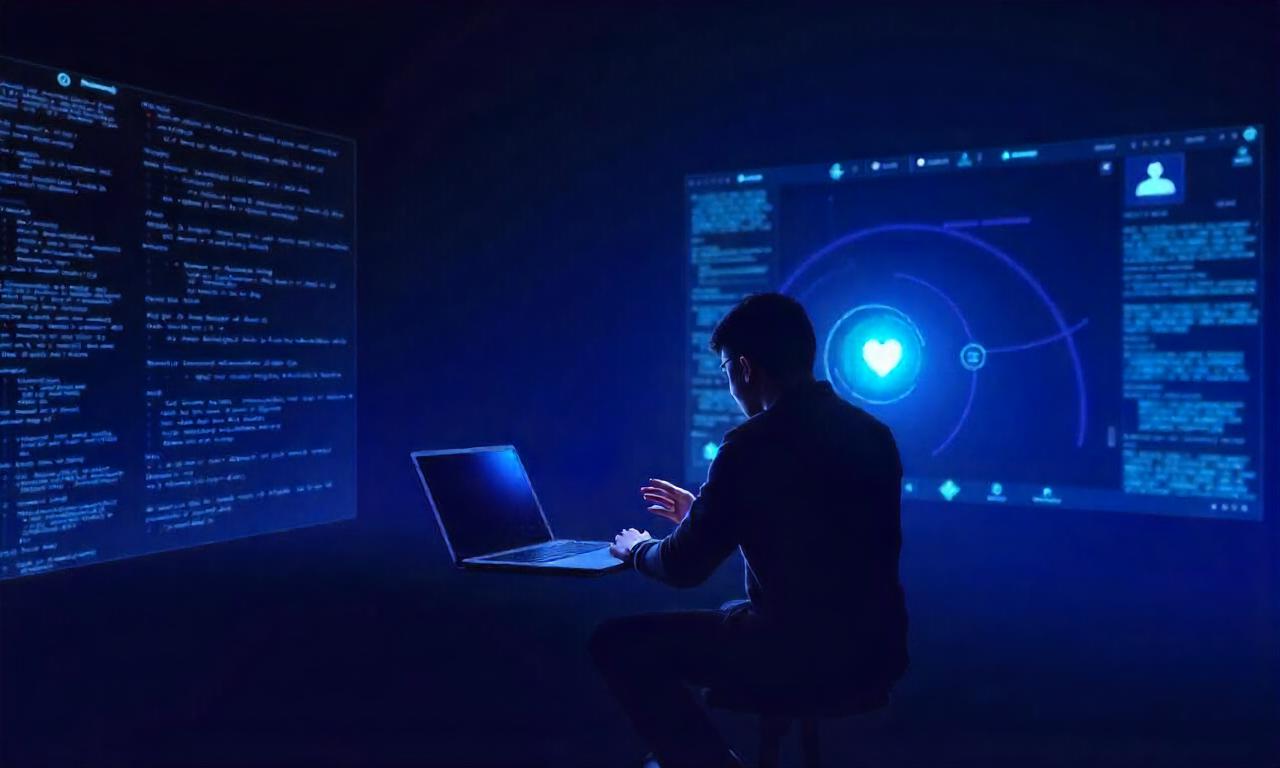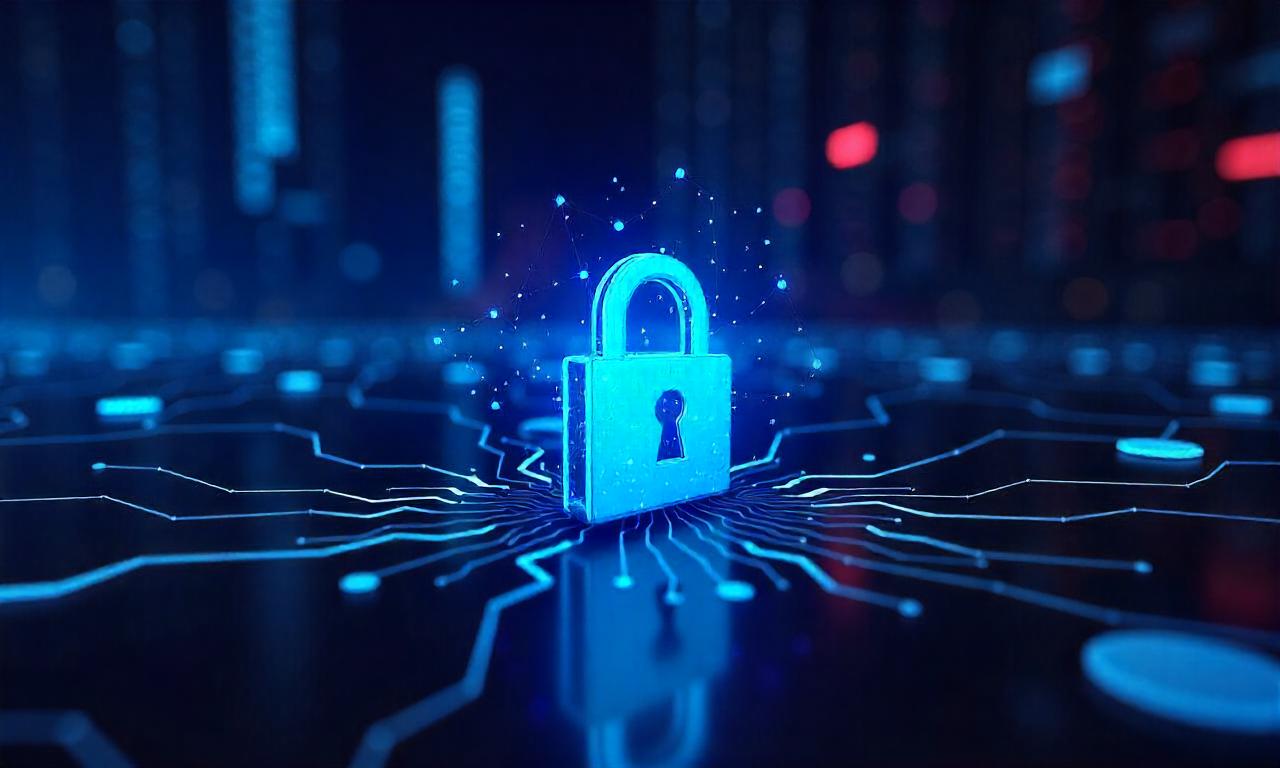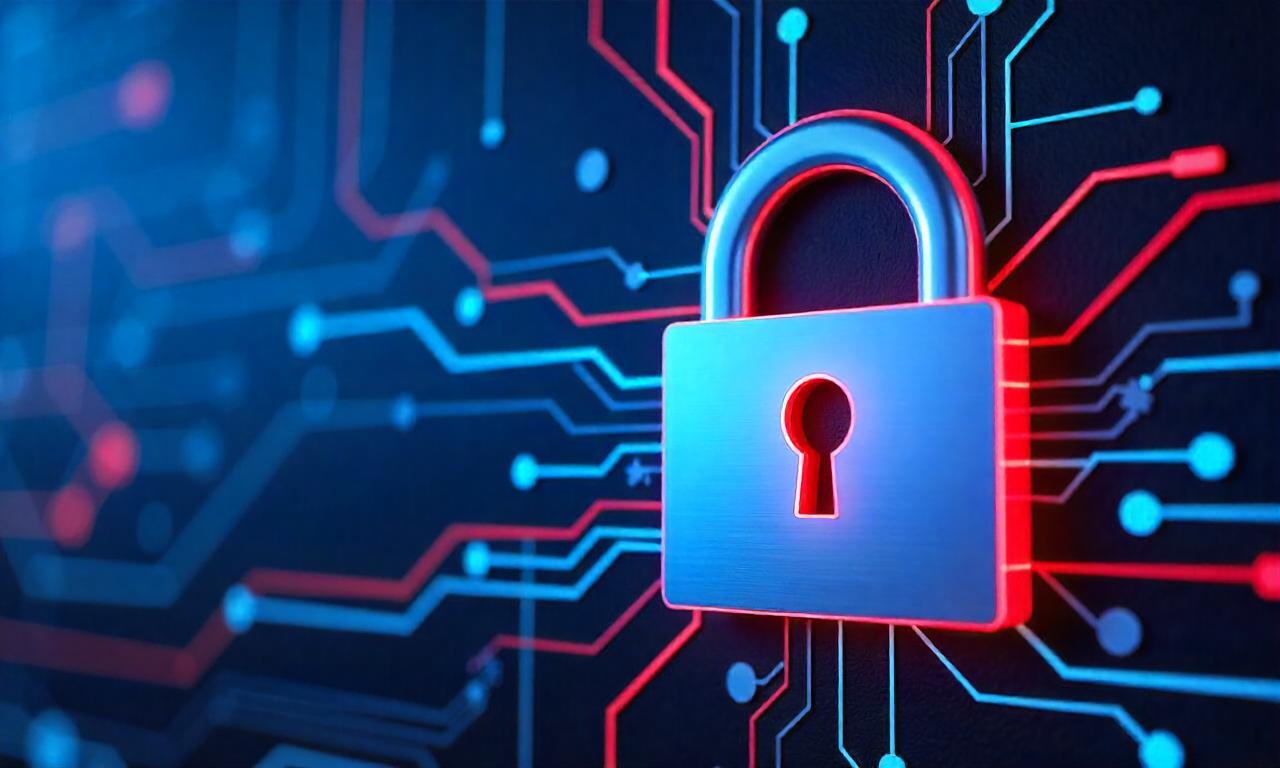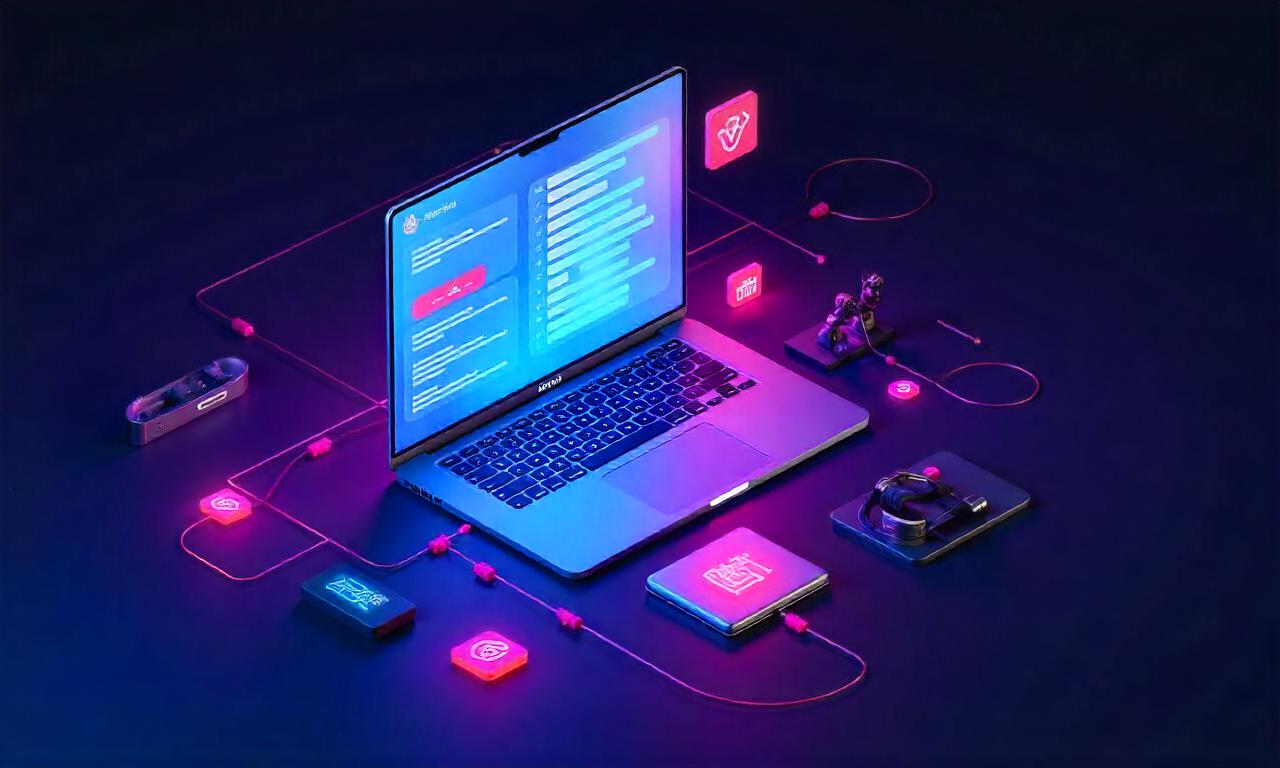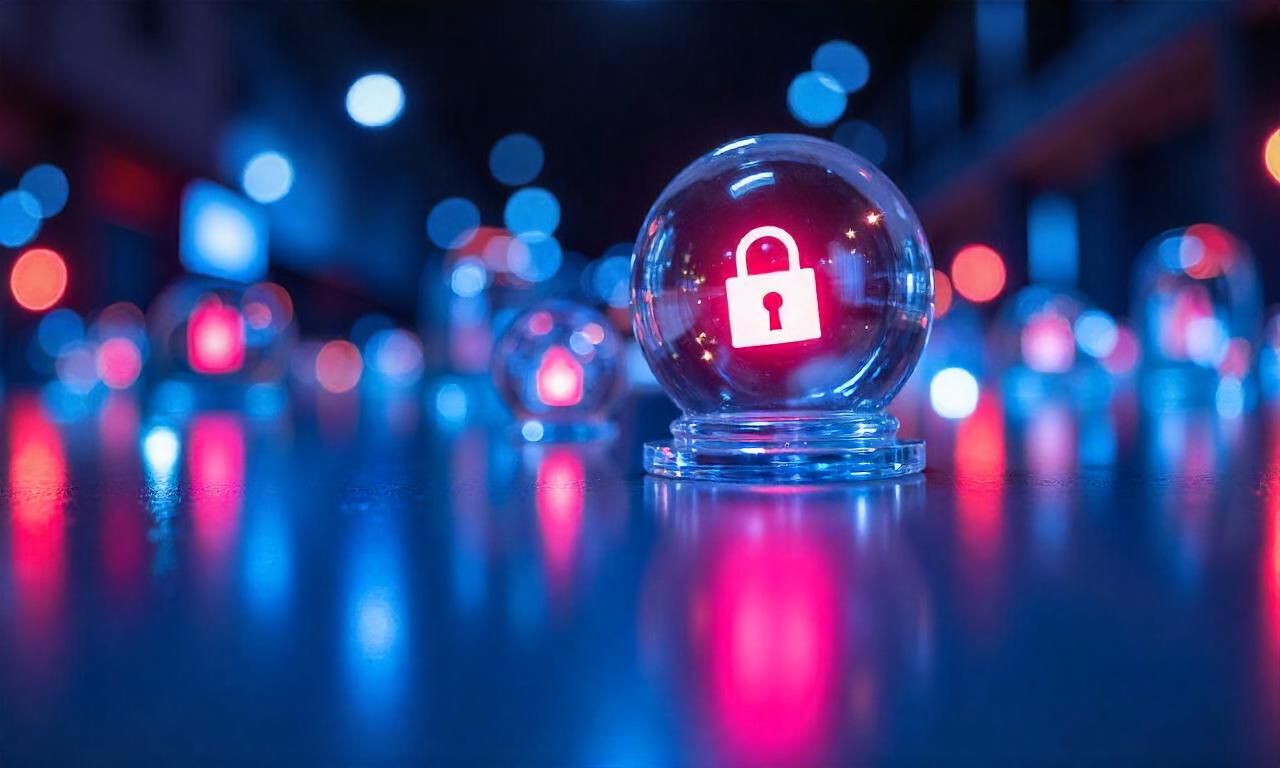Discover the top reasons to use a VPN for internet privacy. From protecting your data on public Wi-Fi to bypassing geo-restrictions, safeguard your online activity today.
In today’s digital world, our personal data is more vulnerable than ever. We often hear about online breaches, data leaks, and tracking systems that monitor our every move.
But what if there was a simple solution to help keep our internet activity safe and private? A Virtual Private Network (VPN) offers a powerful way to protect your online information, especially in a world where privacy often seems like a luxury.
In this article, we’ll explore the top reasons to use a VPN for internet privacy, giving you insight into how VPNs work, what they do, and why they’re so valuable for everyday users. Ready to dive into why you might need one?
Table of Contents
ToggleTop Reasons to Use a VPN for Internet Privacy
1. Protect Your Data on Public Wi-Fi
Public Wi-Fi networks at cafes, airports, or libraries are convenient but not secure. When connected to these open networks, your data becomes vulnerable to cyber threats.
Hackers can easily intercept your online activity, and without any encryption, your sensitive information, such as login credentials or financial details, is at risk.
This is where a VPN becomes essential, as it adds a layer of protection by encrypting your internet traffic, making it difficult for hackers to access your data.
Additionally, using a VPN on public Wi-Fi ensures that your online activities stay private. Whether you’re browsing social media, shopping online, or checking your bank account, a VPN keeps your data safe from prying eyes.
In essence, a VPN acts as a digital shield, giving you peace of mind whenever you connect to a public Wi-Fi network, ensuring that your information remains secure and out of reach of cybercriminals.
2. Hide Your IP Address
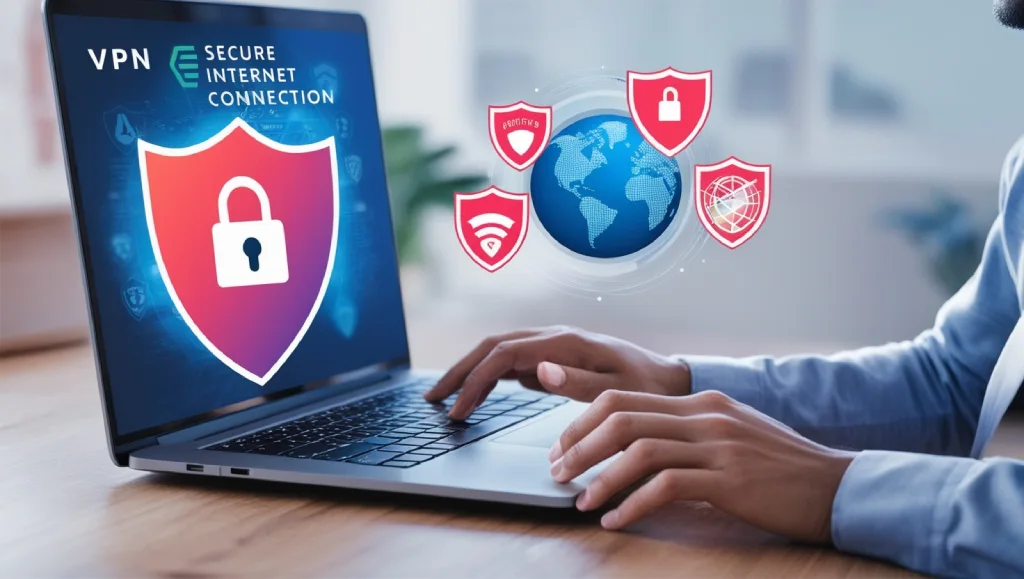
Your IP address reveals a lot about you, including your general location and your internet service provider. Websites and online platforms use your IP address to track your online activity, and in some cases, they can even create detailed profiles based on your browsing habits.
By using a VPN, you can mask your IP address, making it difficult for websites to track your location or gather information about you. This is crucial for those who want to maintain their privacy online and avoid unnecessary data collection.
Hiding your IP address with a VPN also prevents websites from showing location-based content or restricting access to certain features based on where you’re located.
By connecting to a VPN server in a different region, you gain a sense of anonymity and enjoy a freer browsing experience. This added layer of privacy is one of the top reasons why many people choose to use a VPN for internet privacy.
3. Avoid ISP Tracking and Throttling
Internet Service Providers (ISPs) have access to all your online activities and often track this data. ISPs may sell your browsing information to advertisers or other third parties, compromising your privacy.
Furthermore, ISPs sometimes slow down your internet speed or throttle your connection when they detect high data usage, which can be frustrating for streaming, gaming, or other high-bandwidth activities.
A VPN prevents ISP tracking by encrypting your internet traffic, ensuring that your browsing data remains private.
With a VPN, you can enjoy uninterrupted internet speeds and a smoother browsing experience. Since your ISP cannot monitor your activities, they won’t be able to throttle your connection based on usage, making VPNs a great tool for those who want a reliable and private internet connection.
4. Secure Online Transactions
When making online transactions, you enter sensitive information such as your credit card number, address, and other personal details.
Without protection, this data can be intercepted by cybercriminals, putting you at risk of fraud or identity theft. A VPN provides an extra layer of security by encrypting your data, making it virtually impossible for hackers to access your transaction details. This ensures that you can make online purchases or transfer money safely.
Additionally, using a VPN protects your financial information when accessing online banking platforms or shopping sites, especially on public networks.
With a VPN, your personal and financial data is encrypted, reducing the risk of exposure to cyber threats and giving you peace of mind while conducting online transactions.
5. Bypass Geo-restrictions and Censorship
Many streaming services, websites, and apps limit content based on your geographic location. For example, certain shows on Netflix may only be available in specific countries, and some websites are blocked in certain regions due to censorship laws.
By using a VPN, you can connect to a server in a different location, allowing you to bypass these geo-restrictions and access content as if you were in that region.
A VPN also helps those living in or traveling to countries with heavy internet censorship. It enables access to information and services that may otherwise be restricted, empowering users to browse the internet freely.
This ability to bypass geo-restrictions and censorship is one of the top reasons why people use VPNs for internet privacy and freedom.
6. Maintain Privacy from Apps and Services
Many apps and online services track user data, sometimes even without the user’s explicit consent. They collect information like your location, usage habits, and device details, often selling this data to advertisers or using it to personalize ads.
A VPN helps you maintain privacy by masking your IP address and encrypting your internet connection, making it difficult for apps and services to track your data.
Moreover, a VPN can prevent apps from accessing your real location, giving you more control over what information you share.
By adding this layer of protection, you can enjoy the services you love without compromising your privacy or sharing more information than necessary.
7. Avoid Targeted Advertising
Have you ever noticed how ads seem to follow you around after visiting certain websites? This is due to targeted advertising, where advertisers track your online behavior to serve relevant ads based on your interests.
Using a VPN helps reduce targeted advertising by masking your IP address and making it harder for advertisers to track your browsing history. This results in a less intrusive online experience and more privacy.
Additionally, a VPN encrypts your internet connection, so even if advertisers attempt to track your activities, they’ll have difficulty linking your behavior to your real identity. By preventing targeted ads, a VPN allows you to browse without feeling like you’re constantly being watched or monitored.
8. Secure Remote Work Connections
With the rise of remote work, employees often connect to work servers and databases from home or public networks.
However, these connections are not always secure, leaving sensitive company information vulnerable to cyber-attacks.
A VPN secures remote work connections by encrypting data and protecting it from unauthorized access, ensuring that confidential information remains safe.
Using a VPN also allows remote workers to connect to office networks as if they were physically present, adding an extra layer of security to company data.
This is especially important for employees who handle sensitive information, making VPNs a must-have tool for secure remote work.
9. Prevent Data Collection by Governments
In some countries, governments monitor and collect data on citizens’ internet activities for surveillance or censorship purposes.
This can be invasive, especially for individuals who value their privacy and want to express themselves freely online.
A VPN helps prevent data collection by governments by masking your IP address and encrypting your internet traffic, making it difficult for authorities to monitor your online behavior.
For those living in regions with limited internet freedom, a VPN offers a way to access information and communicate without fear of being tracked.
By providing anonymity and security, VPNs allow people to browse the internet with greater peace of mind, knowing their data is less likely to be intercepted.
10. Peace of Mind Online
Privacy concerns are growing, and with data breaches becoming more frequent, it’s essential to take proactive steps to protect your online presence.
Using a VPN gives you peace of mind by ensuring that your data and activities are private. Knowing that your IP address is hidden and your data encrypted means you can browse, shop, and interact online without worry.
A VPN not only enhances security but also gives you control over your digital footprint. For anyone who values privacy, security, and freedom online, a VPN offers a straightforward solution that empowers users to navigate the internet with confidence.
Take Control of Your Privacy with a VPN
As our digital lives grow, so does the need to protect our personal information. From avoiding cyber threats to bypassing geo-blocks and shielding against unwanted tracking, these top reasons to use a VPN for internet privacy offer plenty of motivation to start using one today.
If you’re interested in learning more about online privacy, VPN tips, and the latest technology, visit vpnpieces.com for expert guidance.
Frequently Asked Questions (FAQ)
1. How does a VPN enhance internet privacy?
A VPN masks your IP address and encrypts your data, keeping it secure from hackers, trackers, and even government surveillance.
2. Can a VPN help me access restricted content?
Yes, a VPN allows you to connect from different virtual locations, letting you bypass geo-blocks and access content that may be restricted in your region.
3. Is it legal to use a VPN for privacy?
In most countries, using a VPN is legal. However, it’s essential to check your local laws as some regions restrict VPN use.
4. Can my internet speed be affected by using a VPN?
Some VPNs may slightly reduce speed due to encryption processes, but many top-tier VPNs have optimized servers to minimize this effect.
5. Does a VPN protect against all cyber threats?
While a VPN provides a high level of privacy and security, it’s not a substitute for antivirus software or other security measures.

